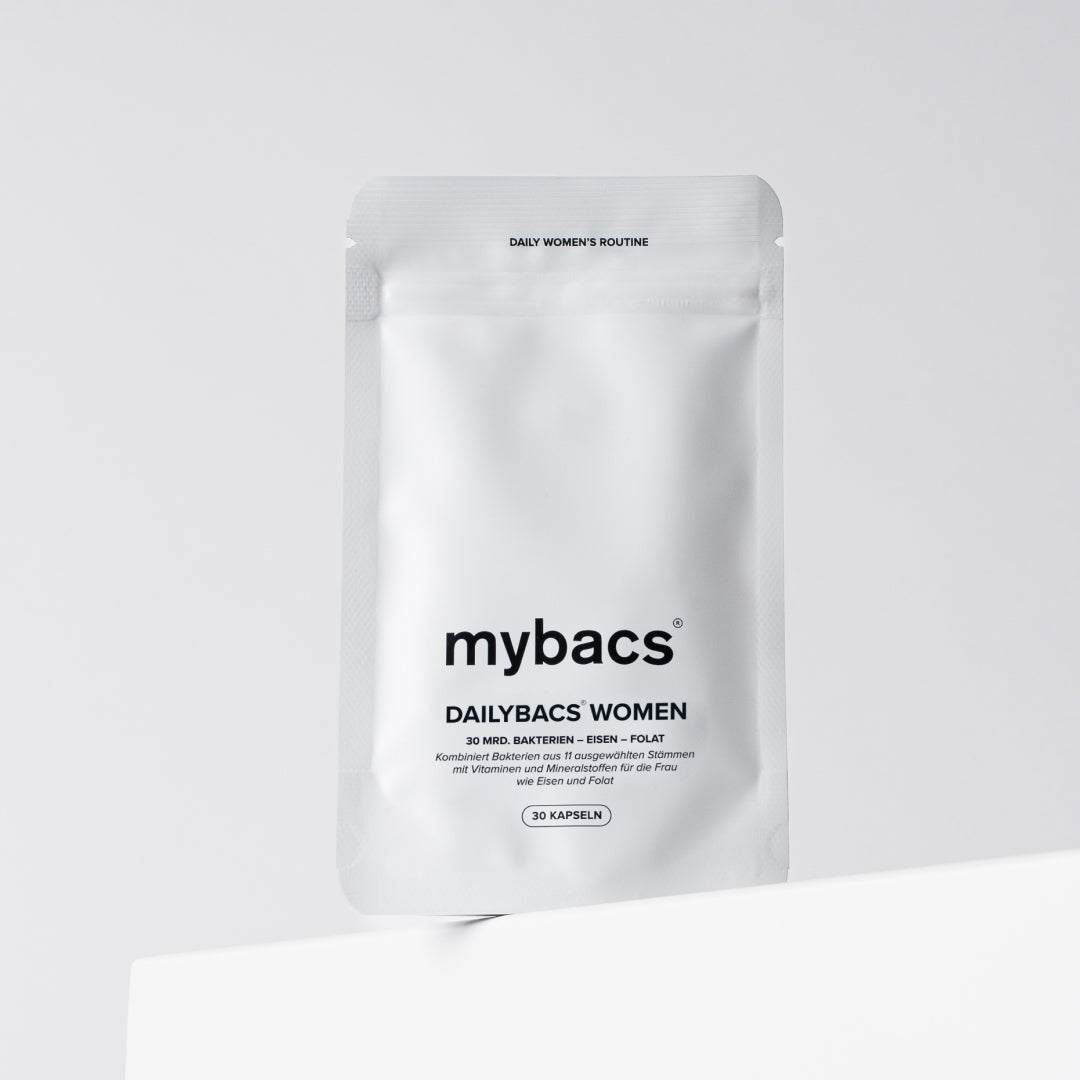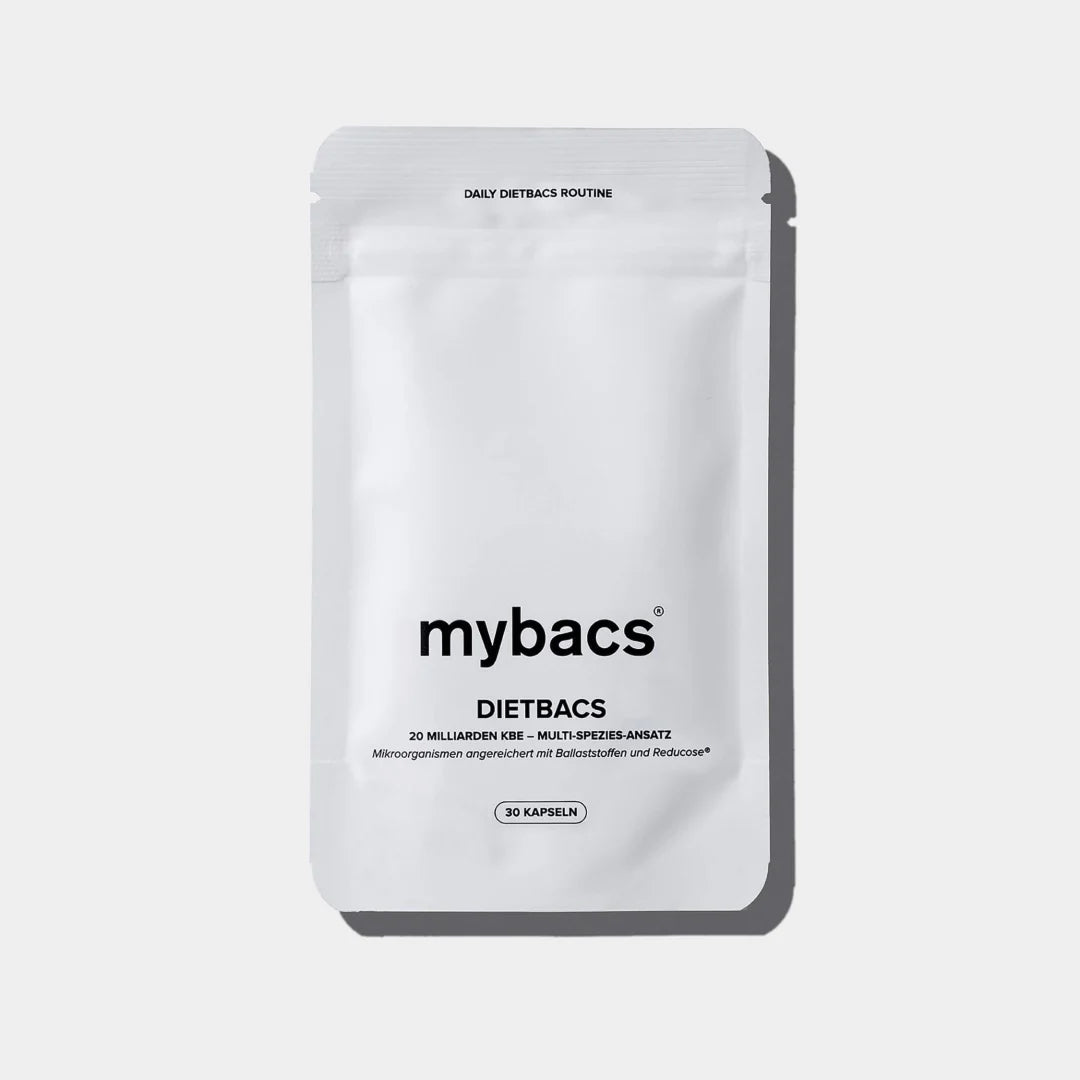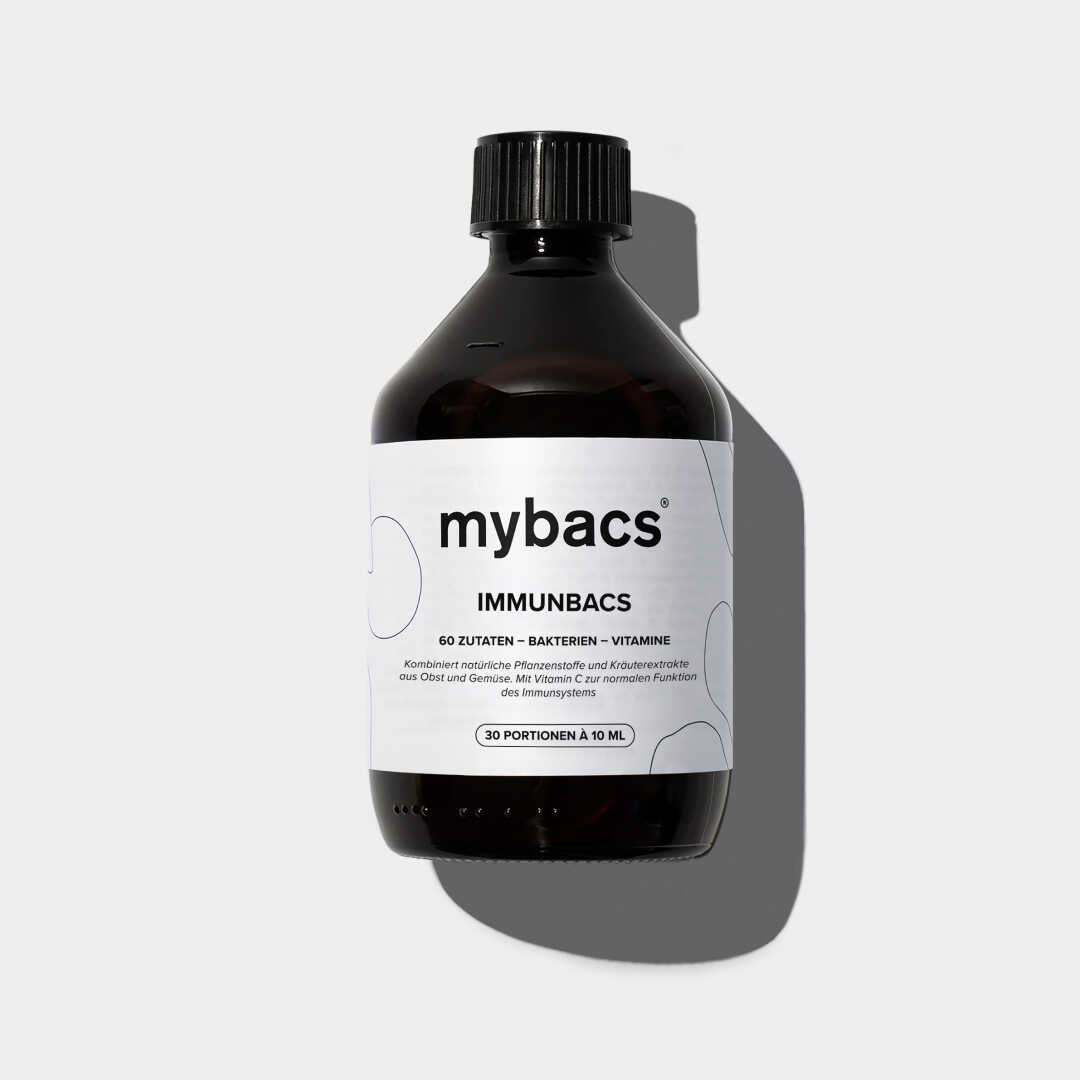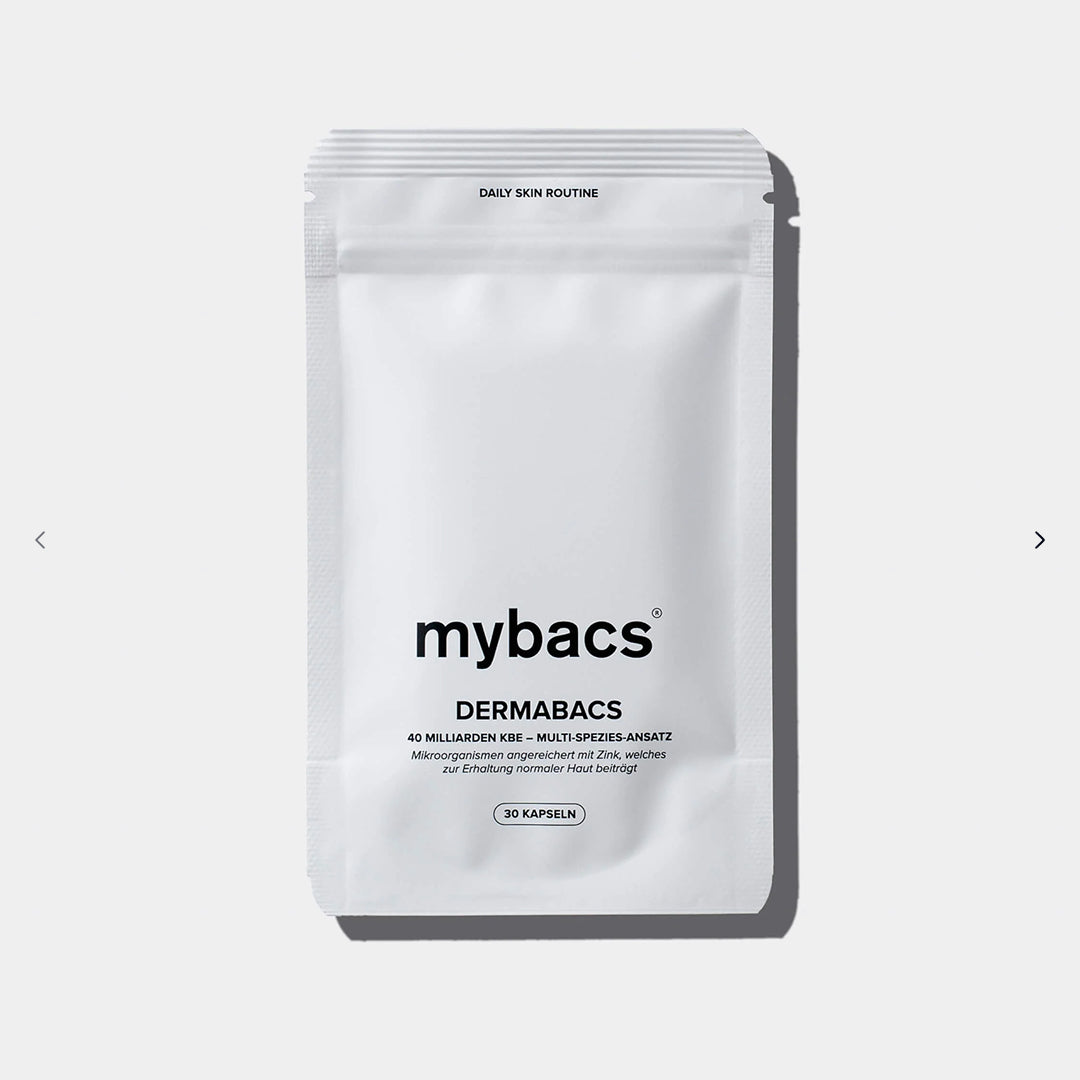Key Takeaways
- Need for supplements: Stress, processed foods, environmental pollution and special life situations can increase nutrient requirements and make taking dietary supplements advisable.
- Criteria for effective products: Effective supplements are characterized by high-quality ingredients, scientific foundation, optimal dosage, and transparency from the manufacturers.
- Proven supplements: Vitamin D, Omega-3, magnesium, vitamin B12 and probiotics are among the most researched and effective dietary supplements.
- Risks and unnecessary products: Products such as “fat burners” or “detox” preparations as well as those with unclear ingredients or dosages should be avoided.
- Supplement instead of replacement: Dietary supplements are not a substitute for a balanced diet and a healthy lifestyle, but rather a targeted support when needed.
In a hectic everyday life characterized by stress, environmental pollution, and a diet often based on processed foods, it is not always easy to supply the body with all the essential nutrients. When combined with factors such as medication or intense physical exertion, it becomes clear why many people rely on Dietary supplements (NEM) to support their health.
Nutritional supplements are often advertised as a simple solution, but the sheer variety of products raises an important question: Which supplements really help—and when are they even necessary? This article explains why dietary supplements can be useful, how to distinguish effective ones from unnecessary ones, and which supplements have scientifically proven health benefits.
Why dietary supplements?
The word "supplement" is crucial here: Supplements are meant to complement a healthy diet, not replace it. But why are they even necessary when healthy foods are readily available?
The answer lies in the demands of modern life:
- Chronic stress increases the consumption of nutrients such as magnesium and B vitamins.
- Processed foods often contain fewer vitamins and minerals than natural foods.
- Environmental pollution such as air pollution increase the need for antioxidants.
- Special life situations – such as pregnancy, physical activity, a vegan diet or aging – can significantly increase nutrient requirements.
In these cases, dietary supplements can help compensate for deficiencies and provide targeted support to the body. However, not every supplement is beneficial, and it's important to avoid unnecessary expenses and false promises.
How do you recognize effective supplements?
The market for dietary supplements is diverse but confusing. To identify high-quality products, the following points are crucial:
- High-quality ingredients: Only pure, highly bioavailable active ingredients without unnecessary additives should be used.
- Scientific foundation: The effectiveness of a product should be proven by clinical studies.
- Optimal dosage: Correct dosage is crucial, as both overdose and underdose can have negative consequences.
- Manufacturer transparency: Reliable suppliers provide clear information about ingredients and dosages and have their products independently tested.
The top 5 supplements with proven effectiveness
Vitamin D
Essential for strong bones, a stable immune system, and mood. Supplementation is especially beneficial during months with little sun or in cases of deficiency.
- Form: Vitamin D3 (cholecalciferol)
Omega-3 fatty acids
Supports heart health, has anti-inflammatory effects and promotes cognitive function.
- Form: EPA and DHA from fish oil or algae oil
magnesium
Promotes muscle relaxation, sleep, and stress management. Needs may increase during exercise or stress.
- Form: Magnesium citrate or magnesium glycinate
Vitamin B12
Essential for energy metabolism and nerve health. Particularly relevant for people with low consumption of animal products.
- Form: Methylcobalamin or Cyanocobalamin
Probiotics
Support the balance of intestinal flora, promote digestion and strengthen the immune system.
- Form: Products with tested bacterial strains such as Lactobacillus or Bifidobacterium
Risks and avoidable products
Not all supplements deliver on their promises. Products that advertise dubious claims or overdoses should be critically examined:
- “Fat Burner”: Often without scientific basis and with potential side effects.
- “Detox” products: The body detoxifies itself naturally; additional products are usually unnecessary.
- Unclear ingredients: Products without precise information on active ingredients and dosages should be avoided.
Health and balance
A healthy lifestyle is the most important key to long-term well-being – and exercise and sport are essential elements. Regular physical activity not only promotes fitness, but also metabolism, mental health, and overall quality of life.
In addition, the targeted intake of dietary supplements can help to supply the body with important nutrients, especially in times of stress or special life circumstances. mybacs® offers a selection of high-quality probiotics and prebiotics in capsule and shake form to support gut health and thus ensure efficient absorption of vitamins and minerals. However, supplements should always be viewed as a support, not a replacement, for a balanced diet and an active lifestyle.
By incorporating regular exercise, a nutrient-rich diet, and targeted supplements as needed into your daily routine, you create the ideal foundation for health and well-being. Rely on high-quality products and scientifically sound methods – for a balanced and energetic life.





